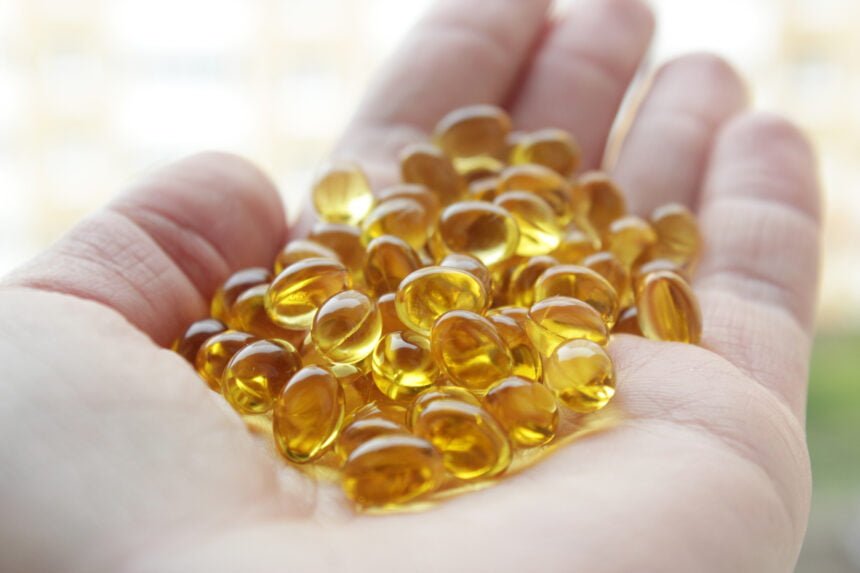Probiotics, long celebrated for their digestive benefits, are now taking center stage in the realm of women’s health. These microscopic allies are being closely examined for their potential to boost reproductive wellness. Let’s dive into this intriguing subject and uncover how probiotics could contribute to maintaining and enhancing the health of the female reproductive system.
Understanding Probiotics
Probiotics are live microorganisms that offer various health benefits, particularly for the digestive system. Often referred to as “good” or “friendly” bacteria, they help maintain gut health. However, their positive effects are not limited to digestion; probiotics also play a vital role in supporting other bodily systems, including the reproductive system.
The Microbiome and Reproductive Health
Our bodies are teeming with tiny microorganisms, collectively called the microbiome. These little helpers play a big part in keeping us healthy by supporting our immune system, aiding digestion, and even influencing our mood. The reproductive system, especially the vaginal microbiome, is also part of this. The vaginal microbiome, primarily composed of Lactobacillus bacteria, maintains an acidic environment that protects against infections. If this balance is disturbed, it can result in problems like bacterial vaginosis and yeast infections, impacting overall reproductive health.
Probiotics and Vaginal Health
Probiotics are becoming popular for their ability to support a healthy vaginal microbiome. These friendly bacteria, especially Lactobacillus strains, help keep the vaginal environment balanced. By promoting this balance, probiotics can prevent and treat common issues like bacterial vaginosis and yeast infections. These problems are common among women, and using probiotics is a natural and effective way to manage and prevent them.
Probiotics and Hormonal Balance
Hormonal balance is critical for many aspects of reproductive health, from menstrual regularity to fertility. Emerging research suggests that the gut microbiome, influenced by probiotics, can affect hormone regulation.
For instance, certain probiotics can influence the production and metabolism of estrogen, a key hormone in the female reproductive system. By promoting a healthy gut microbiome, probiotics may help regulate estrogen levels, which can support menstrual health and potentially reduce symptoms of hormonal imbalances such as premenstrual syndrome (PMS) and polycystic ovary syndrome (PCOS).
Probiotics and Fertility
Fertility is a complex aspect of reproductive health influenced by many factors. Research indicates that probiotics may support fertility by promoting a healthy vaginal and gut microbiome, regulating hormones, and boosting immune function. For women trying to conceive, using tools like an ovulation calculator can help pinpoint the most fertile days. A well-balanced microbiome, aided by probiotics, can create an optimal environment for conception by maintaining a healthy vaginal ecosystem and stable hormone levels.
Probiotics During Pregnancy
Pregnancy brings about significant changes in a woman’s body, including shifts in the microbiome. Maintaining a healthy microbiome during pregnancy is important for both the mother and the developing baby. Probiotics can help support a healthy pregnancy by promoting a balanced microbiome, which can reduce the risk of infections and support the immune system.
Moreover, a healthy microbiome during pregnancy can influence the baby’s health. The baby’s initial exposure to microbes occurs during birth, and a healthy maternal microbiome can contribute to a stronger immune system for the baby.
Probiotics During Menopause
During menopause, decreasing estrogen levels can disrupt the vaginal microbiome, leading to a higher risk of infections and discomfort. Probiotic supplements can help sustain a healthy microbiome throughout this period, potentially easing some menopausal symptoms and enhancing overall vaginal health
Selecting the Right Probiotic
Choosing the right probiotic supplement is crucial for reaping the benefits for reproductive health. Opt for supplements that contain specific Lactobacillus strains, such as Lactobacillus rhamnosus and Lactobacillus reuteri, known for their beneficial effects on the vaginal microbiome. These strains can help maintain a healthy balance of bacteria, protecting against infections and supporting overall reproductive wellness.
Adding Probiotics to Your Daily Life
Making probiotics a part of your everyday routine is both easy and advantageous. You can find probiotic supplements readily available, which can be seamlessly included in your diet. Additionally, eating probiotic-rich foods like yogurt, kefir, sauerkraut, and other fermented products can naturally boost your intake of these beneficial microorganisms.
Final Thoughts
In the journey of women’s health, embracing the power of probiotics could be a step towards a healthier, more balanced life. Whether you’re looking to maintain your current health, address specific concerns, or support your body through different life stages, probiotics offer a natural and effective way to enhance your reproductive health. So, as you navigate your health journey, consider adding probiotics to your wellness toolkit—they might just be the tiny helpers you need to keep everything in harmony.










